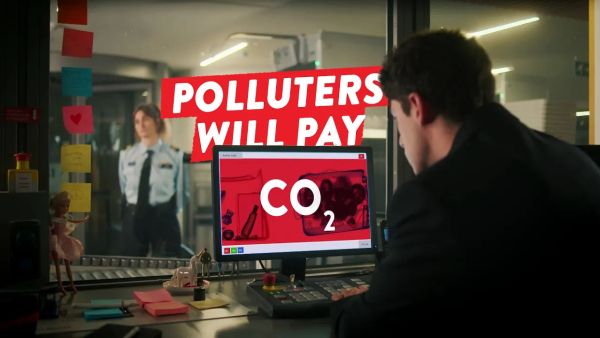Today, the European Parliament ratified the United Nations Minamata Convention on Mercury, an international treaty designed to protect human health and the environment from dangerous exposure to mercury. Named after the city in Japan which suffered horrendous mercury poisoning, the Minamata Convention is an important step in curbing mercury emissions worldwide. The convention bans new mercury mines and foresees the phasing-out of existing ones; provides for the minimisation and phasing-out of mercury use in a series of products and processes; and imposes emission and release control measures while also addressing storage and disposal issues.
The Mercury Regulation, which aligns EU law with the convention, was adopted by the European Parliament in March 2017. In that Regulation the Socialists and Democrats achieved a ban on the use of dental amalgam in vulnerable populations and are now pushing for a complete phase-out of all dental amalgam in the EU.
S&D spokesperson on health, Miriam Dalli MEP, said:
“Mercury is one of the top ten chemicals classified by the World Health Organisation (WHO) as a major public health concern. When released into the air, water or land mercury has far-reaching and serious consequences for human health and the environment.
"For the Socialists and Democrats it is imperative that we have measures in place that protect our citizens and the environment from the harmful effects of mercury. The Minamata Convention is a way to ensure this and we will always be committed to taking the best decisions for our planet and for our citizens' health.”
S&D Group negotiator on the Mercury Regulation, Massimo Paolucci MEP, added:
“The EU played a key role in bringing about the Minamata Convention. Reaching an international agreement on phasing-out mercury is a landmark achievement, yet much still needs to be done. Our group will keep up the pressure on the Commission to do more to address the global challenges posed by mercury.
“Due to its toxicity, mercury use has been largely phased out in products like thermometers, but it is still contained in some products, including electrical switches, fluorescent light bulbs, batteries and dental amalgam. The Socialists and Democrats achieved a ban on mercury fillings for pregnant women and children in the EU. Now we call on the member states to implement a total ban on dental amalgam.”
Related content
Find out more









